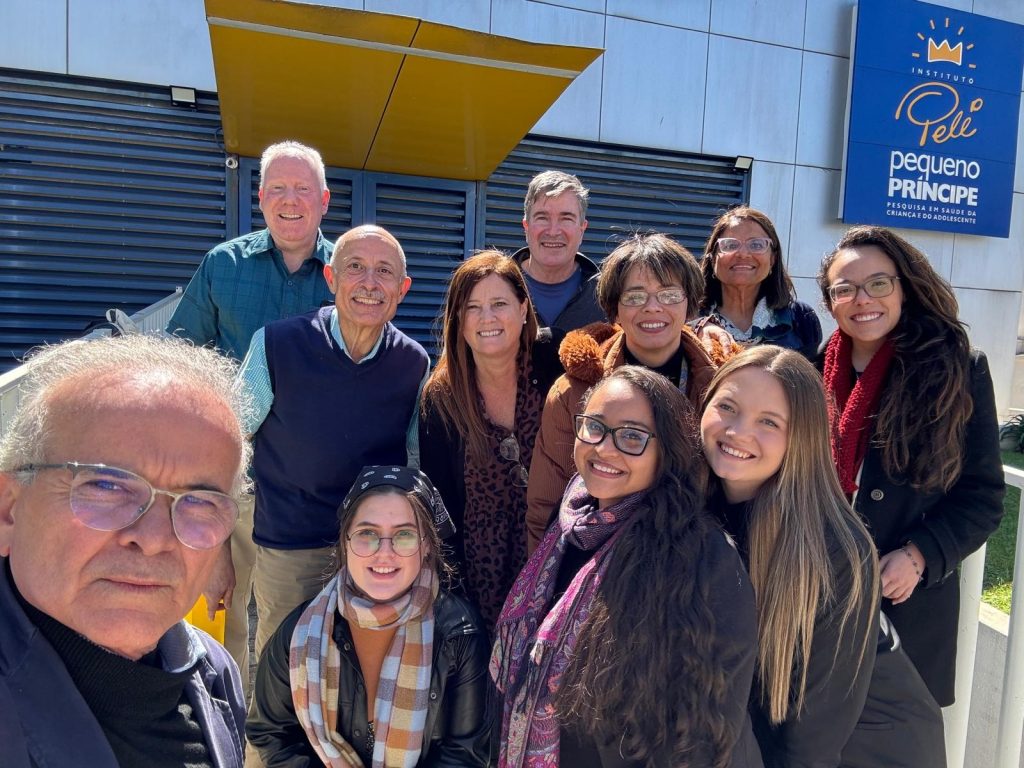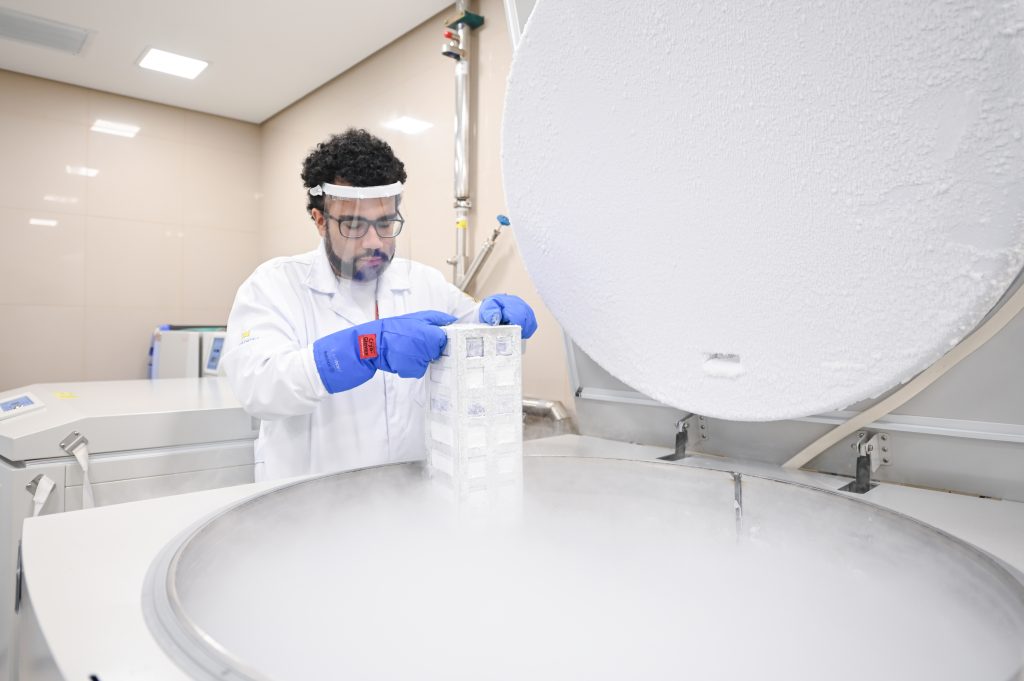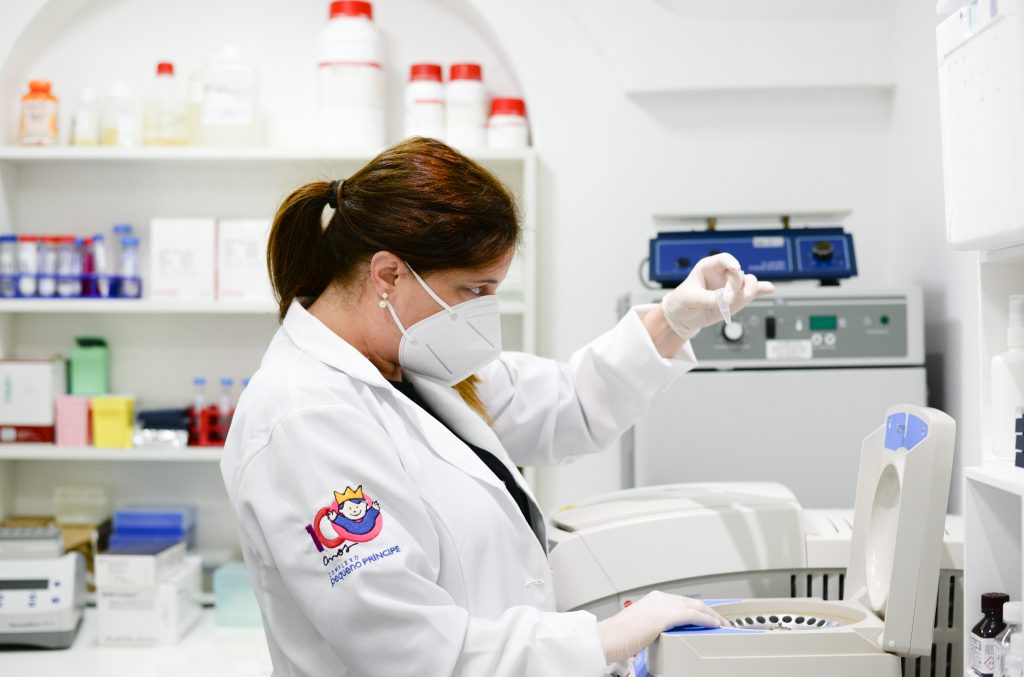Georgetown University strengthens its partnership with the Pelé Pequeno Príncipe Research Institute in pediatric oncology
The quality of the Biobank and Brazil’s genetic diversity were highlighted as key strengths, enabling large-scale, high-standard studies with diverse biological samples

In mid-March, the Pelé Pequeno Príncipe Research Institute (IPP, abbreviation in Portuguese) received a technical report from Georgetown University, following a site visit last August to the Pequeno Príncipe Complex (comprised by the Institute, the Pequeno Príncipe Hospital, and the Pequeno Príncipe College). The document praises the scientific infrastructure of the IPP and the Hospital, along with the high academic level of the College – comparable to U.S. institutions – and reaffirms the ongoing partnership in pediatric oncology, focusing on central nervous system (CNS) tumors.
The international collaboration between the Research Institute and the Georgetown University has been developing for over a year, emphasizing epidemiological, genetic, and clinical research on CNS tumors, which are the most common in children.
“This is a strategic alliance for scientific advancement in the field. International collaborations like this are essential for progress in basic, translational, and clinical research – not just for Brazil and the U.S., but for pediatric oncology worldwide,” says Luciane Regina Cavalli, IPP researcher and the research projects coordinator.
The report highlights how Brazil’s genetic diversity can contribute to broader applicability of research findings. It also commends the high technical quality of the Biobank, which enables multicenter studies integrating epidemiology, molecular biology, and precision medicine.

The project also aims to train young Brazilian researchers. In 2025, the next exchange phase is planned: Following the visit from Georgetown scientists to Curitiba, the IPP team will travel to the U.S. for technical meetings and to define new lines of research.
“This collaboration strengthens basic and translational research in Brazil by providing access to advanced technology, protocol standardization, and collaborative clinical studies,” adds Luciane.
Brazilian public institutions, such as the Brazilian National Cancer Institute and Curitiba’s Municipal Department of Health, are also involved to help translate research findings into effective public policies for childhood cancer care.
In the long term, the partnership between the Research Institute and the Georgetown University also aims to jointly raise research funding from national and international sources.
“This multidisciplinary approach supports the identification of biomarkers, therapeutic targets, and the clinical application of laboratory data,” concludes the IPP researcher.


